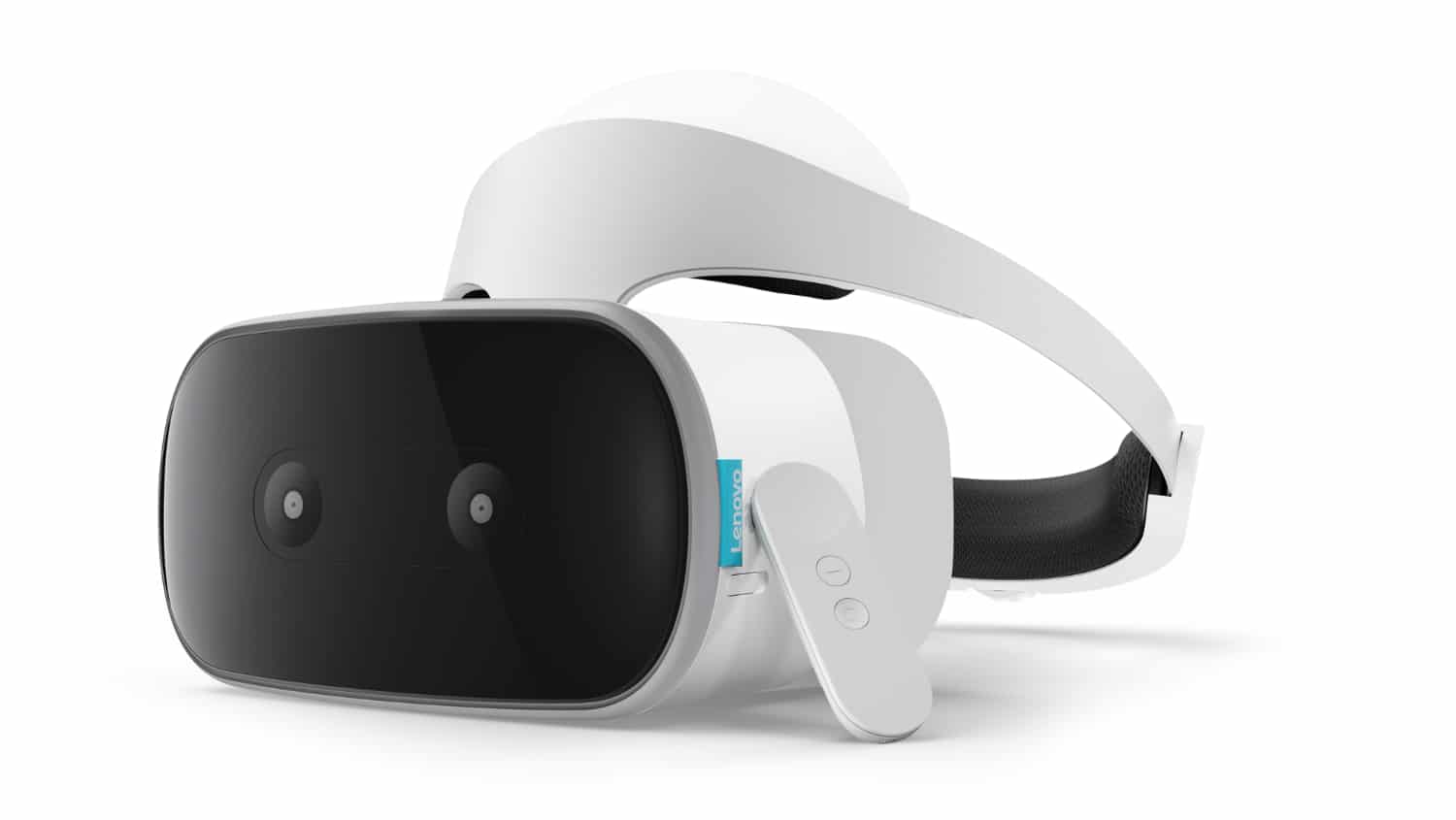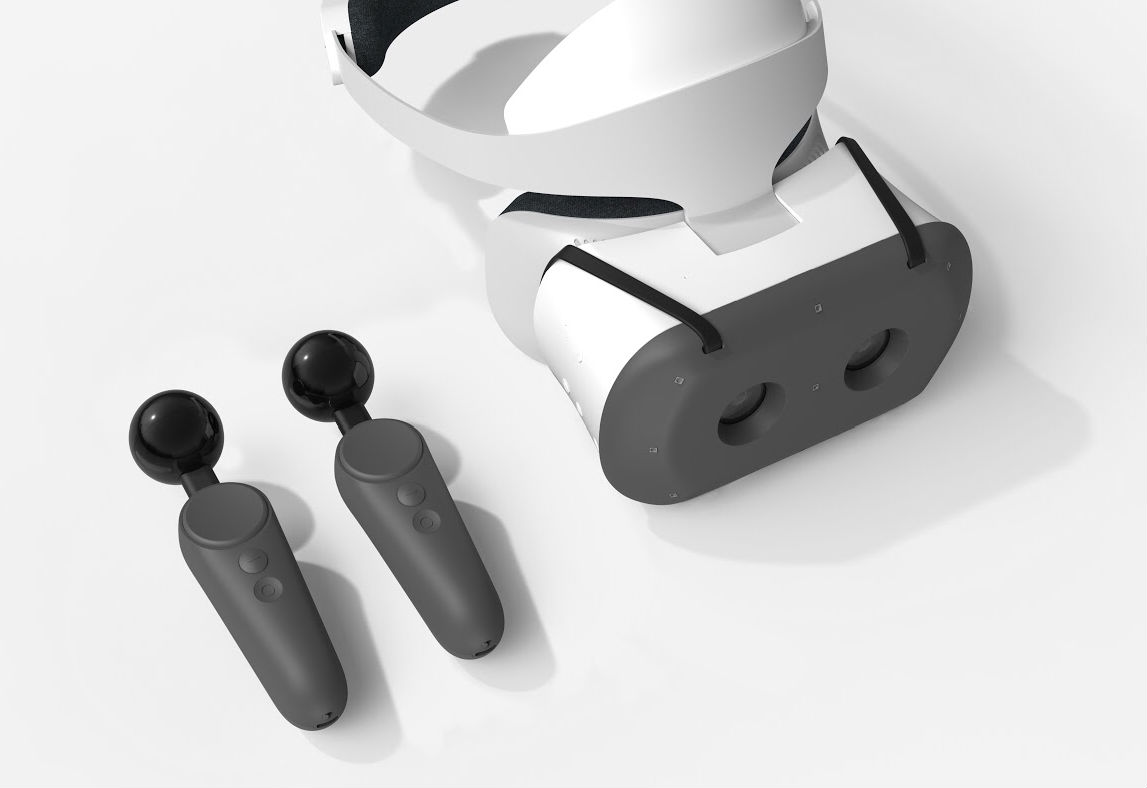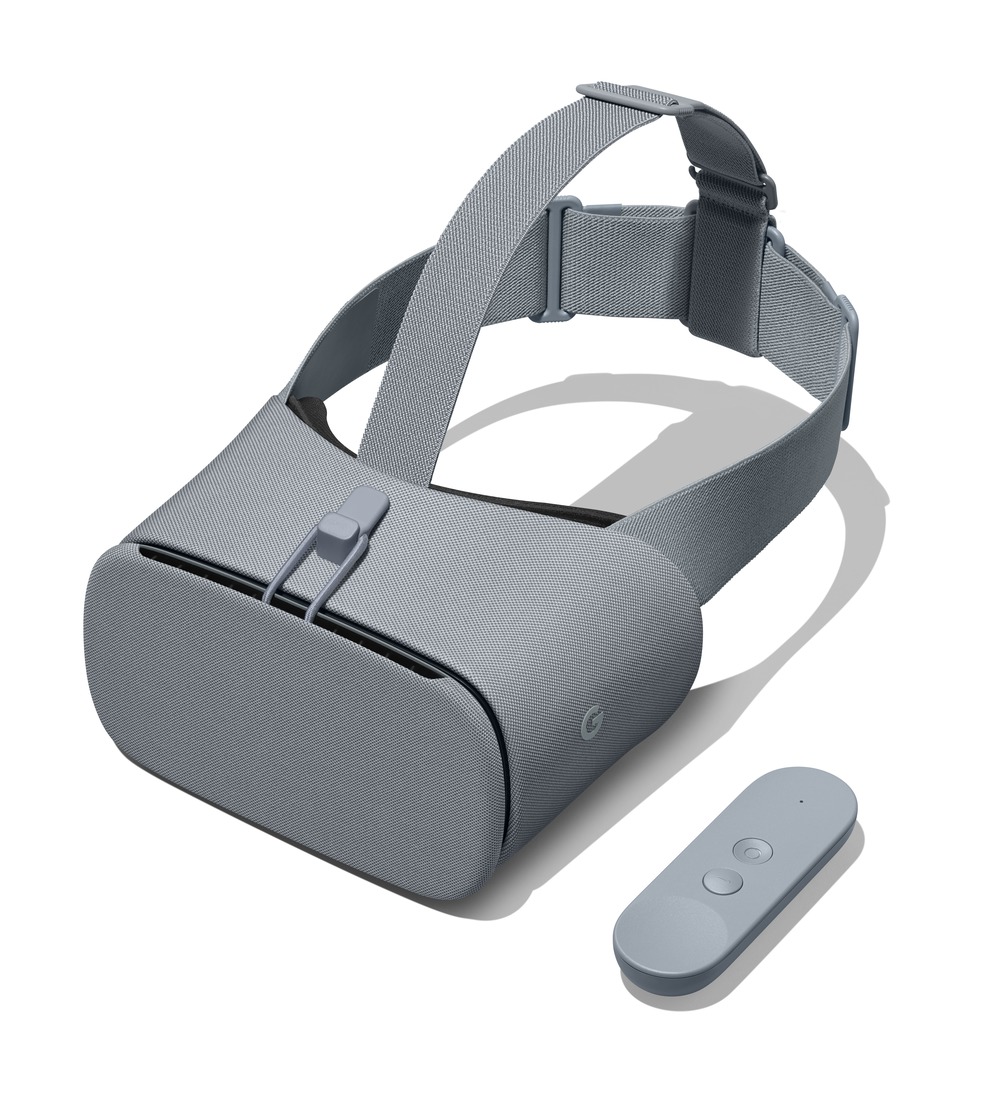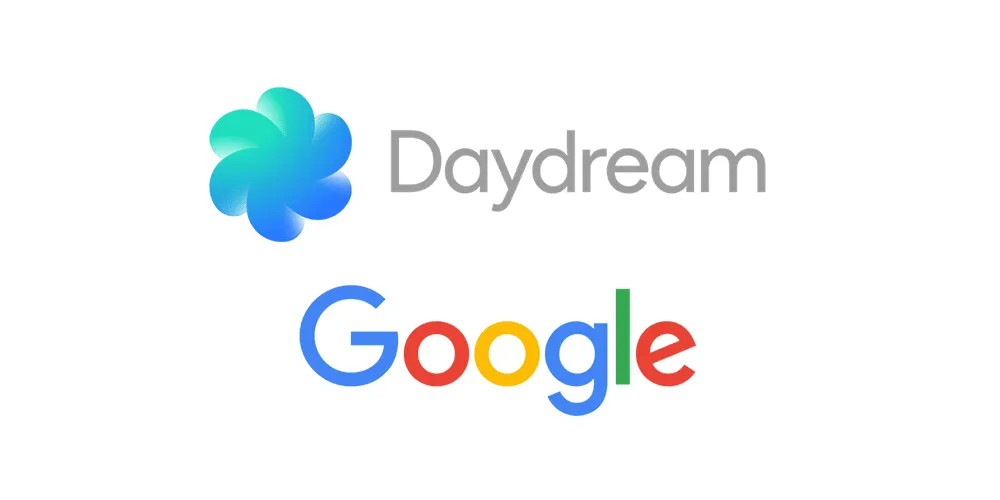In an interview with CNET, Google’s Head of VR & AR revealed that the company will not be releasing an Oculus Quest competitor this year.
Additionally, the company told The Verge that the new Pixel 3a $399 smartphone will not support the Daydream platform.
No Oculus Quest Competitor
Google’s Clay Bavor told CNET that the company’s focus in VR “is much more on services and the bright spots where we see VR being really useful”. The company is seemingly instead researching the next generation of VR and releasing their current apps on PC VR and Oculus Quest.
“On the hardware devices side, we’re much more in a mode of R&D and thoughtfully building the Lego bricks that we’re going to need in order to snap together and make some really compelling experiences”
Last year, just one week after the Oculus Go shipped, Google and Lenovo released the Lenovo Mirage Solo $399 standalone headset. The headset featured positional tracking, but the controller (like Go’s) was only 3DoF, acting as a laser pointer.

By all available indications the Mirage Solo did not perform well in the market. This is likely because despite being twice the price of Go, it lacked the positional controllers needed to get ports of PC VR games like Oculus Quest is getting.
Back in December Google released a 6DoF controllers dev kit for the headset, but the company hasn’t shared any plans about bringing these to consumers.

Google is now describing the Mirage Solo itself to CNET as a “dev kit”, for AR as much as VR thanks to the recently released passthrough mode and SDK.
The company’s lack of Quest competitor may be the reason behind bringing Tilt Brush, Job Simulator, and Vacation Simulator to the Oculus Quest.
No Daydream On Pixel 3a
At Google IO today the company announced Pixel 3a– a $399 midrange addition to the Pixel lineup. Google told The Verge the phone does not support Daydream.
Daydream View is similar to Samsung Gear VR but runs Google’s store and services and works across multiple Android manufacturers.

Google’s explanation for this lack of support is “resolution and framerate”. Given that the display panels have the same resolution as other Daydream-certified devices, this likely refers to the Snapdragon 670 SoC used in the device. Unlike the 800-series Snapdragon chips, the 670 is a midrange chip with a CPU and GPU that is weaker than even the original Pixel 1.
Samsung started supporting Daydream View with the Galaxy S8, however the recently released Galaxy S10 doesn’t support the platform at all.
Daydream’s Future Isn’t Looking Bright
With no Quest competitor on the horizon, no support for Daydream in Google’s affordable Pixel range, and Samsung no longer supporting the platform- Daydream’s future is not looking bright.
Google has gained a reputation for starting and quickly abandoning new platforms and products, but it’s disappointing to see the company seemingly take this approach to virtual reality.
Google’s expertise in computer vision, ownership of Android and creation of Daydream made it the prime potential competitor for the Oculus Quest. With this not happening any time soon, few companies remain with the resources to deliver a true Quest competitor at the same price.






























